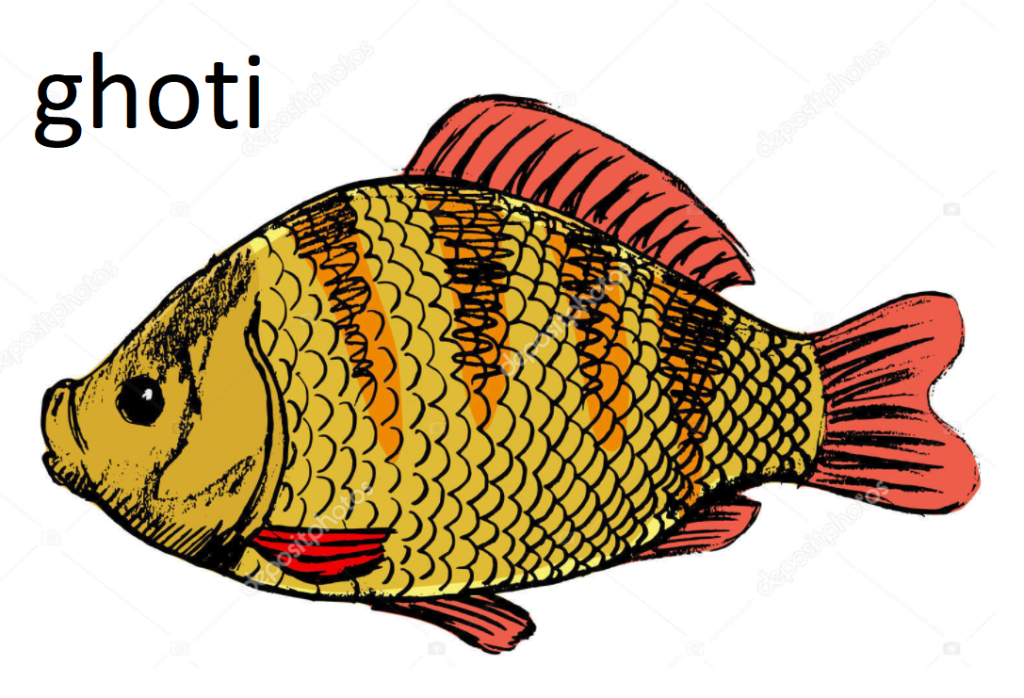
In the past, I’ve written about my struggles with learning Polish…and then Mandarin…and now Spanish, but this month, I thought I’d honor my students’ struggle instead. Just in case you’re not a linguistics freak (or language teacher) like me, I’d like to share just a few of the many reasons English can seem extremely weird (read: difficult) from a non-native speaker’s perspective. So, without further ado, here are a few of my favorite things (and definitely my students’ least favorite things) about my native tongue.
Crazy Spelling System
First up, unsurprisingly, is English spelling. Even if English is your first language you probably still have a bone or two to pick with whatever drunk group of academics decided “ph” looked way cooler than “f” or even with those thoughtful teachers who recited “I before E except after C, and when sounding like A as in ‘neighbor’ and ‘weigh’” …nice little rhyme, but what about “weird”, “glacier”, “albeit”, and “seize”? Of course, there are about a thousand reasons both historical and linguistic to account for this mess, but students (and most speakers) just don’t care. They’re too busy trying to work out why we still have a “b” in words like “thumb” and “debt” or why “knight” isn’t spelled “nite”. One of my favorite linguistic observations demonstrating the absurdity of English spelling is the made-up word “ghoti”. If you take the “gh” from “rough” add the “o” from “women” and finally the “ti” from “nation”, “ghoti” should be pronounced as “fish”. WTF, English.

Gender and Case in Pronouns
One of my biggest complaints with Polish was the abundance of grammatical gender and case. It blew my mind that there might be a possible 21 versions of the same word, something you don’t have to worry about so much with English. That is until you get to the pronouns. “I, me, my, mine, myself”, “you, your, yours, yourself”, “he, him, his, himself”, “she, her, hers, herself” and that’s not even mentioning retired classics like “ye” and “thou” or more modern-day usages like the singular “they/their”. It’s really a mess of various elements of gender and number with a glimpse into a defunct case system and, of course, a plethora of exceptions to any sort of pattern. And when we throw in the contractions we use (such as “he’s” and “you’re”, which can sound an awful lot like “his” and “your”), I can understand why students get a little frustrated with the inconsistency.


All the Vowels
However, even if we put spelling and word forms aside, English is still extremely bizarre when it comes to pronunciation. Bizarre and incredibly difficult. One of the hardest things about English pronunciation is the mastering of all the vowel sounds. We all know that English has 5-6 vowels: A E I O U (and sometimes Y), but interestingly, we have between 15-20 different vowel sounds, depending on dialect. That’s why we have all the strange combinations like “ee”, “ou”, “ea”, “oi”, etc. and a bit of a crazy pronunciation game with minimal pair lists like “beet, bit, bet, but, bat, bot, boot, and boat” (go ahead and read those out loud if you didn’t already – it’s so fun!). It’s no wonder my students are worried that with a slight change in the position of their mouths they might be asking to take an extra shit rather than an extra sheet or maybe heading to the bitch instead of the beach. >_<


Phrasal Verbs
Another odd feature of English is our love of function words, particularly prepositions. I remember happily memorizing a song of about 50 of them in elementary school, but as a teacher, I cringe when students ask me how they can memorize not only the prepositions of English, but the phrasal verbs. Phrasal verbs are the multi-word verbs that native English speakers love to (over)use: “go on”, “give up”, “find out”, “calm down”, etc. Of course, we could use “continue”, “quit”, “discover”, and “relax” instead (much to the delight of other Indo-European language speakers), but that would be way too easy! Imagine if you broke up with your significant other after breaking into their house because your car broke down all while your skin was breaking out. Phrasal verbs like “break up”, “break into”, “break down”, and “break out” are so arbitrary and annoyingly similar that many learners of English often know every word in a sentence yet still struggle to piece together the meaning – it’s almost like we’re talking in code.
All the Englishes
Finally, a bit like Spanish, there are so many varieties of English to choose from, and if you’re going for proper World English mastery, you’ll have to be aware of the many dialectal differences in grammatical features, vocabulary, and pronunciation. For example, if chatting with a Brit, you might want to avoid referring to your “pants”. When speaking to those from the US, you’d better call it “soccer” and not “football” or you’ll definitely have them confused. Canadians use the “washroom”, Australians eat “brekkie”, and even the vast majority of native speakers need subtitles to understand Scots, so good luck with that! There’s an incredible amount of regional and socioeconomic dialects in English, and it’s only getting more diverse with the vast number of international varieties and accents being added to our ever-globalizing society.

Ultimately, English (like every language on the planet) is chock-full of oddities which make learning and speaking it quite the challenge. Of course, as this has kept me employed for the last decade, I wouldn’t want it any other way! Haha! Just remember, while English can be tough, it can definitely be mastered through thorough thought, though. Cheers!

Nicely done.
LikeLike